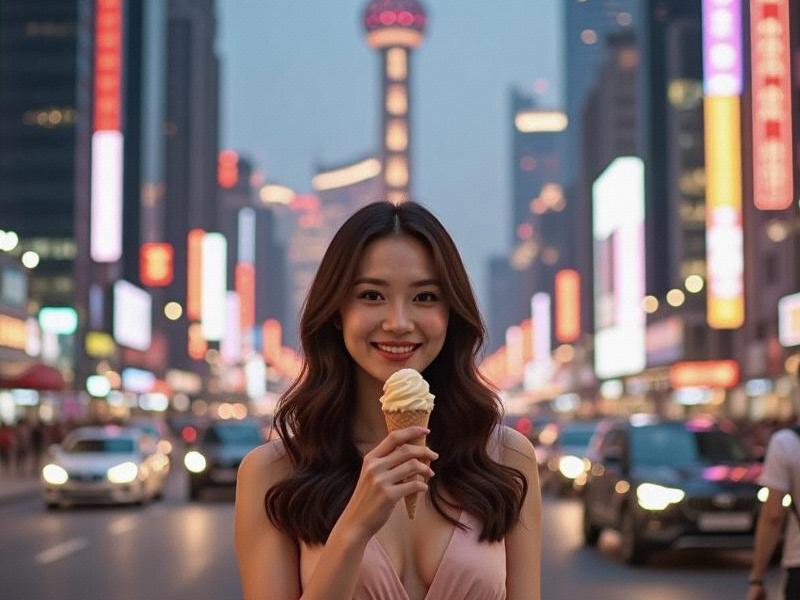This investigative report explores how Shanghai's entertainment club industry has evolved into a sophisticated ecosystem blending Eastern and Western influences, while adapting to changing regulations and consumer preferences in China's most cosmopolitan city.

The neon lights of Shanghai's entertainment districts tell a story of cultural transformation. Behind the frosted glass doors of the city's elite clubs, a new era of nightlife sophistication is emerging—one that balances Chinese traditions with global influences while navigating complex regulatory waters.
Shanghai's entertainment club industry generated approximately ¥87 billion (about $12 billion) in revenue in 2024, according to municipal commerce bureau statistics. This represents a 14% increase from pre-pandemic levels, signaling a robust recovery and evolution of the city's "night economy."
The Bund's historic banks now house some of Asia's most exclusive members-only clubs. Places like "1933 Elite" combine Art Deco architecture with augmented reality cocktail menus, where scanning a QR code reveals the provenance of each ingredient in your ¥888 Negroni. "We're not selling alcohol, we're selling curated experiences," says Vincent Lo, general manager of Xintiandi's recently opened "Hengshan Collective."
上海龙凤419手机 KTV (karaoke) venues, long the backbone of Shanghai's business entertainment scene, have undergone a remarkable transformation. Premium chains like Party World now offer AI-powered vocal coaching and holographic duet partners. The average spending per customer at high-end KTVs has risen to ¥680, with corporate bookings accounting for 62% of revenue.
Cultural fusion defines the new generation of clubs. In the former French Concession, "Jazz de Chine" blends traditional erhu with electronic beats, while "Longtang Social" recreates Shanghai's alleyway culture with modern speakeasy aesthetics. These venues cater to both wealthy local entrepreneurs and expatriates, creating unique social melting pots.
The regulatory environment remains complex. Since 2023's "Healthy Nightlife" initiative, clubs face stricter operating hour restrictions and mandatory ID scanning systems. However, industry leaders like Muse Group have turned compliance into competitive advantage, developing blockchain-based age verification systems now adopted nationwide.
上海花千坊龙凤
Business entertainment continues driving the high-end market. At "Cloud Nine," a 58th-floor venue in Lujiazui, private rooms equipped with translation technology host cross-border deals. "Our ¥18,888 package includes premium beverages, privacy screening, and notary services," explains hostess Vivian Zhang.
Emerging trends point toward greater segmentation. While mega-clubs like First-X still draw crowds with international DJs, boutique "concept clubs" are gaining traction. "Therapy," located in a converted Jing'an psychiatric hospital, offers "emotional release rooms" alongside its cocktail program.
上海品茶论坛 As Shanghai positions itself as a global cultural capital, its entertainment venues increasingly serve as diplomatic spaces. The recent opening of "Silk Road Lounge," jointly operated by Chinese and Middle Eastern investors, signals the city's ambitions in cross-cultural nightlife tourism.
Yet challenges persist. Rising rents have pushed many traditional venues to suburban areas, while younger consumers increasingly prefer immersive theater experiences over conventional clubbing. The industry's next transformation may come from virtual reality—several major players are testing metaverse club concepts that could redefine nightlife entirely.
From the jazz age glamour of the Peace Hotel to the cyberpunk vibe of Taikoo Hui's underground venues, Shanghai's entertainment scene continues to mirror the city's unique identity—simultaneously rooted in history and relentlessly innovative.